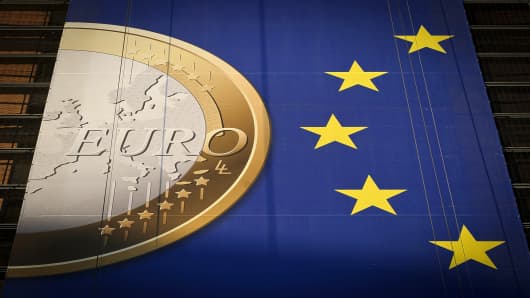Whether you agree with the German distaste for cheap money or not, the truth is that the expansionary monetary policy has been the only support to American economy ever since the advent of the acute phase of the financial crisis in late 2008 (don't ask who caused the crisis).
And that includes the entirely accommodated (or monetized, if you prefer) fiscal stimulus to bail out America's heavily damaged financial system.
The Fed's easy policy stance is unlikely to change in the foreseeable future. As in the past, the central bank will have to bear the whole burden of stabilizing an economy with weak fundamentals (real disposable personal incomes growing 1.1 percent, actual unemployment rate of 8.6 percent and 37 percent of the active civilian population out of the labor force) and intractable uncertainties concerning fiscal, structural and trade policies.
If you have doubts about that, think of this: How likely is it that we shall soon see a meaningful fiscal stimulus, large-scale infrastructure spending, declining trade deficits, or a sudden revival of manufacturing activity that would push up the capacity utilization rates now more than 3 percentage points below their long-term average?
The ECB is in a similar position. Acting against a considerable fiscal restraint, the ECB has set in train a sustained euro zone recovery. That is still work in progress, though.
The declining growth of bank lending to the non-financial business sector indicates that corporations are not stepping up their investments because they can meet the actual and expected sales from existing production capacities. Bank lending to households is a bit stronger, but its modest and stabilizing growth rate of 2.6 percent is not suggesting a major rebound of private consumption outlays.
It, therefore, does not seem that the ECB should rush to start withdrawing the monetary stimulus.
But make no mistake: The German warning about cheap money elixirs stands. Monetary policy from governments that are unwilling, or incapable, of conceiving and implementing appropriate fiscal, structural and trade policies has a bad track record.
Commentary by Michael Ivanovitch.
For more insight from CNBC contributors, follow
@CNBCopinion
on Twitter.





